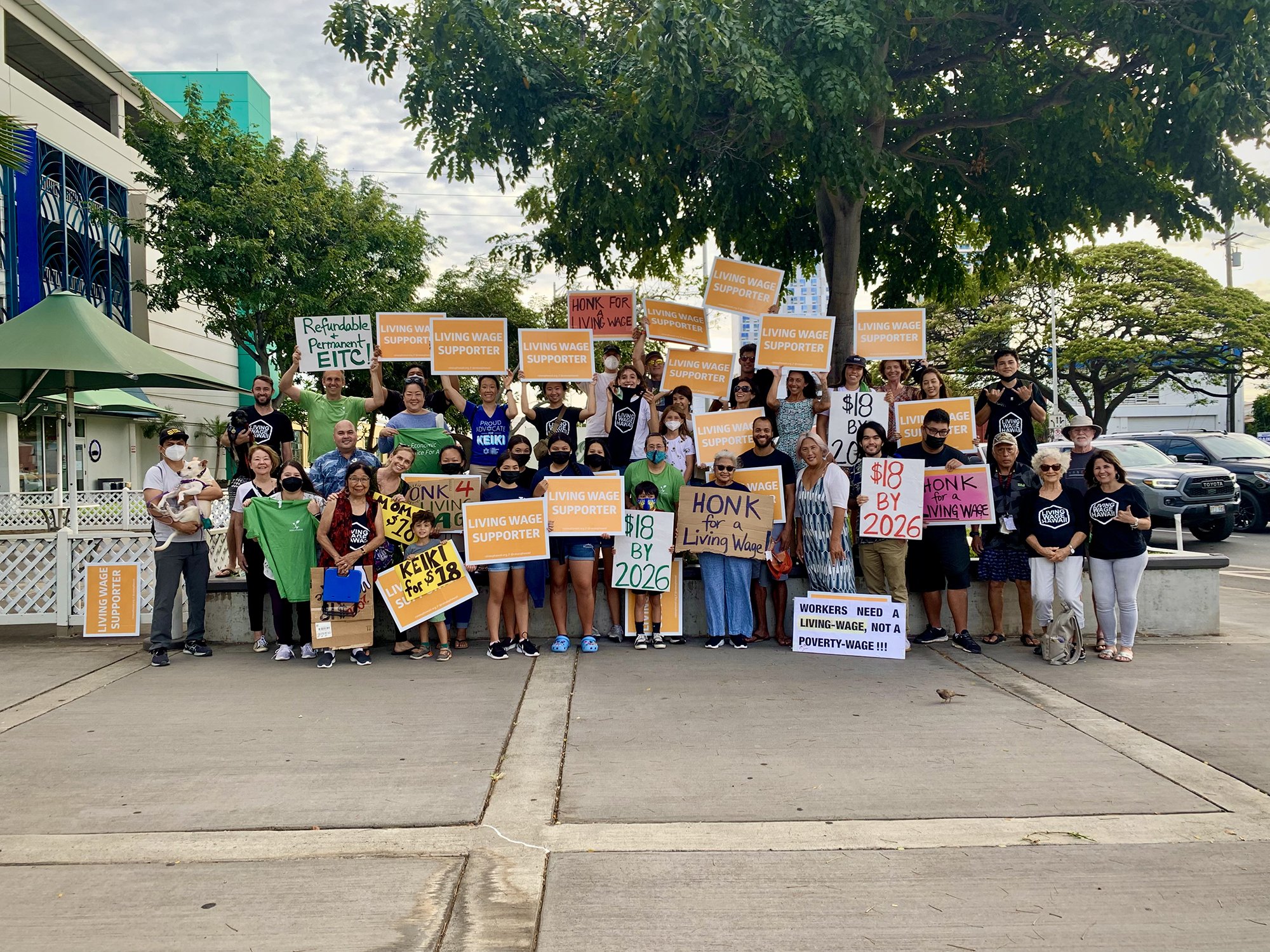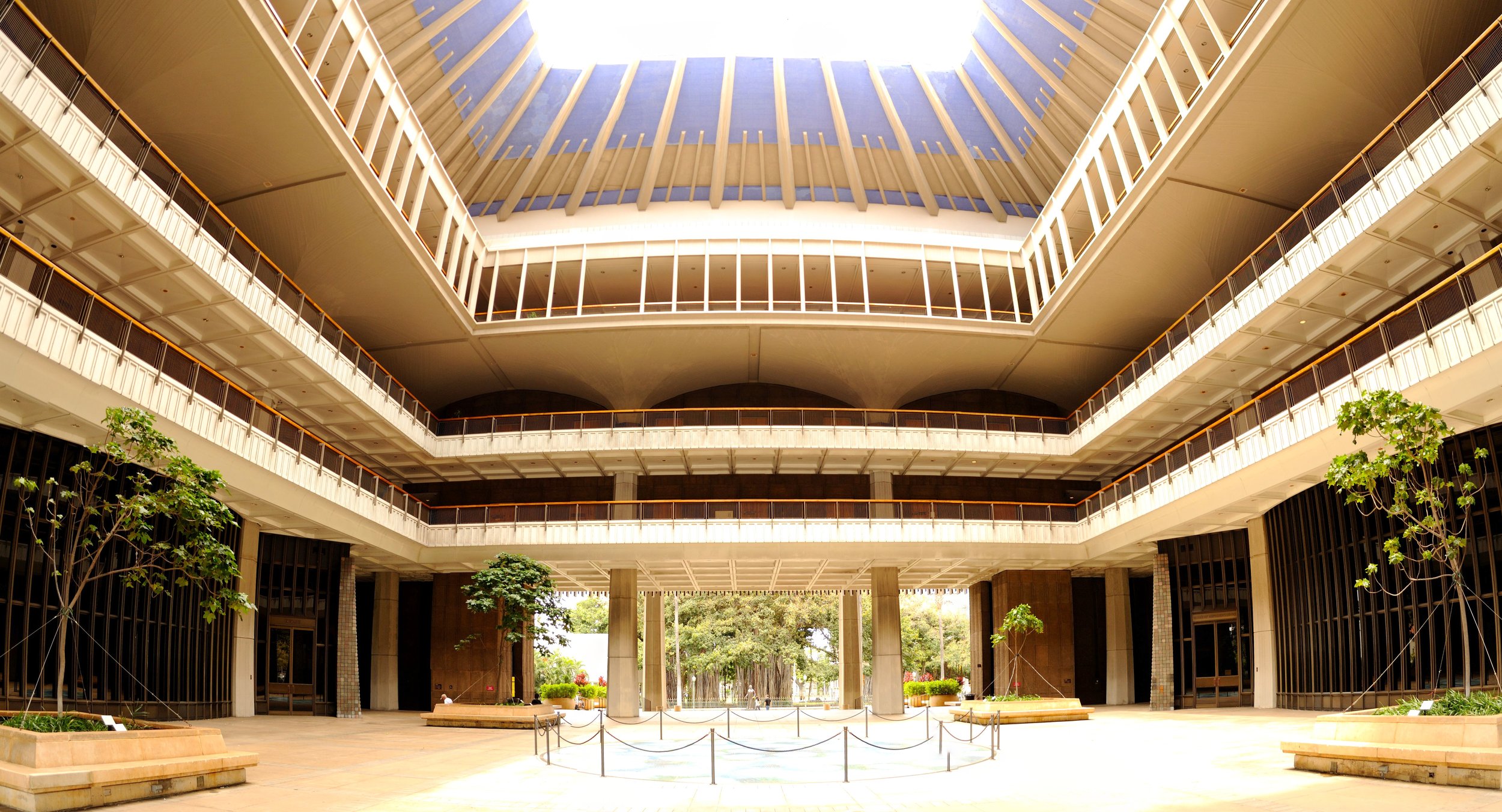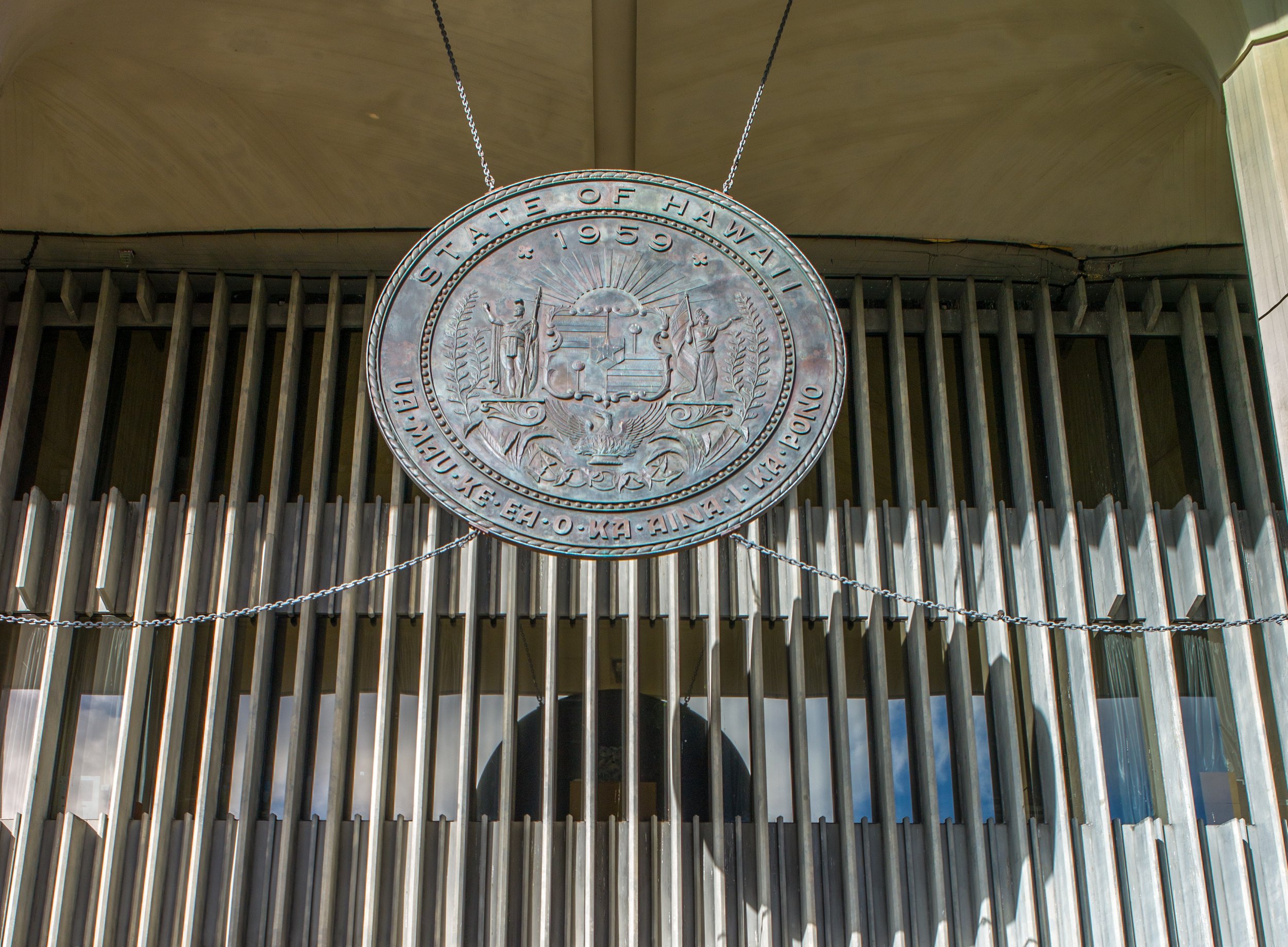
Census poverty data for 2023 highlights the importance of government assistance
Promising trends for families across the nation, but many continue to feel the lasting effects of widespread unemployment during the pandemic, a rising cost of living, and inadequate government assistance.

Hawaiʻi is even less affordable after the pandemic
How have jobs, wages and costs changed from before the COVID pandemic compared to after? These charts show changes from 2019 to 2022 that have affected livability for Hawaiʻi residents.

Keiki poverty more than doubled last year without the expanded Child Tax Credit
Hawaiʻi lawmakers have an obvious solution at their disposal, if they are willing to act on it.

Hawaiʻi can increase housing stability through a rent relief & mediation program
Creating and funding an ongoing rent relief and pre-litigation mediation program will increase housing stability in Hawaiʻi.

A Hawaiʻi Child Tax Credit would keep thousands of keiki out of poverty
After the expiration of the expanded federal Child Tax Credit, poverty rates spiked—it’s time for Hawaiʻi lawmakers to step up and fill the gap.

Opportunities for Hawaiʻi to maximize its budget investments
Maintaining government spending on public programs, Hawaiʻi’s workforce, and contractors for the state keeps money circulating throughout the economy as people pay for housing, food and other services.

How Hawaiʻi is funding its $24 billion FY23 budget
The legislature not only decides where money is spent, but also makes many of the decisions about who pays how much to support the budget.

Highlights of the Hawaiʻi 2023 Supplemental Budget
After two pandemic-constrained years, surprisingly strong finances have enabled legislators to make unprecedented investments in long-underfunded areas.

2022 legislative session: A big win for working families; but more must be done
Legislators adopted two priority economic justice policies to deliver a significant household income boost to hundreds of thousands of Hawaiʻi workers.

Hawaiʻi’s missed opportunity to invest in working families
The legislature chose to prioritize protecting businesses from tax increases, rather than investing in working families who were struggling long before the onset of the pandemic.

The House’s budget proposal for the coming year
Buoyed by increasing tax collections and continued federal relief funds, the state House sent the Senate an amended budget that proposes to increase the executive budget by $1.3 billion.

Now is the right time to expand Hawaiʻi’s Earned Income Tax Credit
In 2021, 12 states and D.C. recognized the devastating effects of the pandemic recession and improved their EITCs to support their working families. Hawaiʻi should join them.

Tax reform that addresses racial injustice also boosts the economy
When it comes to increasing both racial equity and economic prosperity, smart tax system reforms can be an effective policy tool to achieve both.

A pandemic recession update in charts
Unprecedented job loss, a rise in housing costs, and inflation in food, fuel and consumer goods has made the pandemic recession especially devastating to Hawaiʻi’s working families.

Following the money: Where Hawaiʻi’s budget is going over the 2021–2023 Fiscal Biennium
A breakdown of state spending over the next two years, authorized by the legislature through a variety of appropriations bills.

Highlights from the 2021–2023 Hawaiʻi budget
Critical federal pandemic relief funds will allow the state avoid damaging cuts and maintain its spending levels on investments in the community.

Hawaiʻi can and must do better on gender equity
One area with a glaring and persistent lack of parity is how much we pay for work performed by women compared to that of men.

Hawaiʻi budget challenges: tax revenues, fixed costs, state salaries
The pandemic’s effects on the economy will make passing a balanced budget more challenging than ever.

What’s included in the new federal coronavirus aid and what was left out?
The $900 billion COVID relief agreement provides urgently-needed relief to Hawaiʻi’s families, but the short timeline is worrisome and several important items were left out of the final deal.

Cutting state contracts would hurt the private sector economy
Cutting contracts with nonprofit organizations that provide essential services would be as devastating to the economy as cutting state worker hours.
